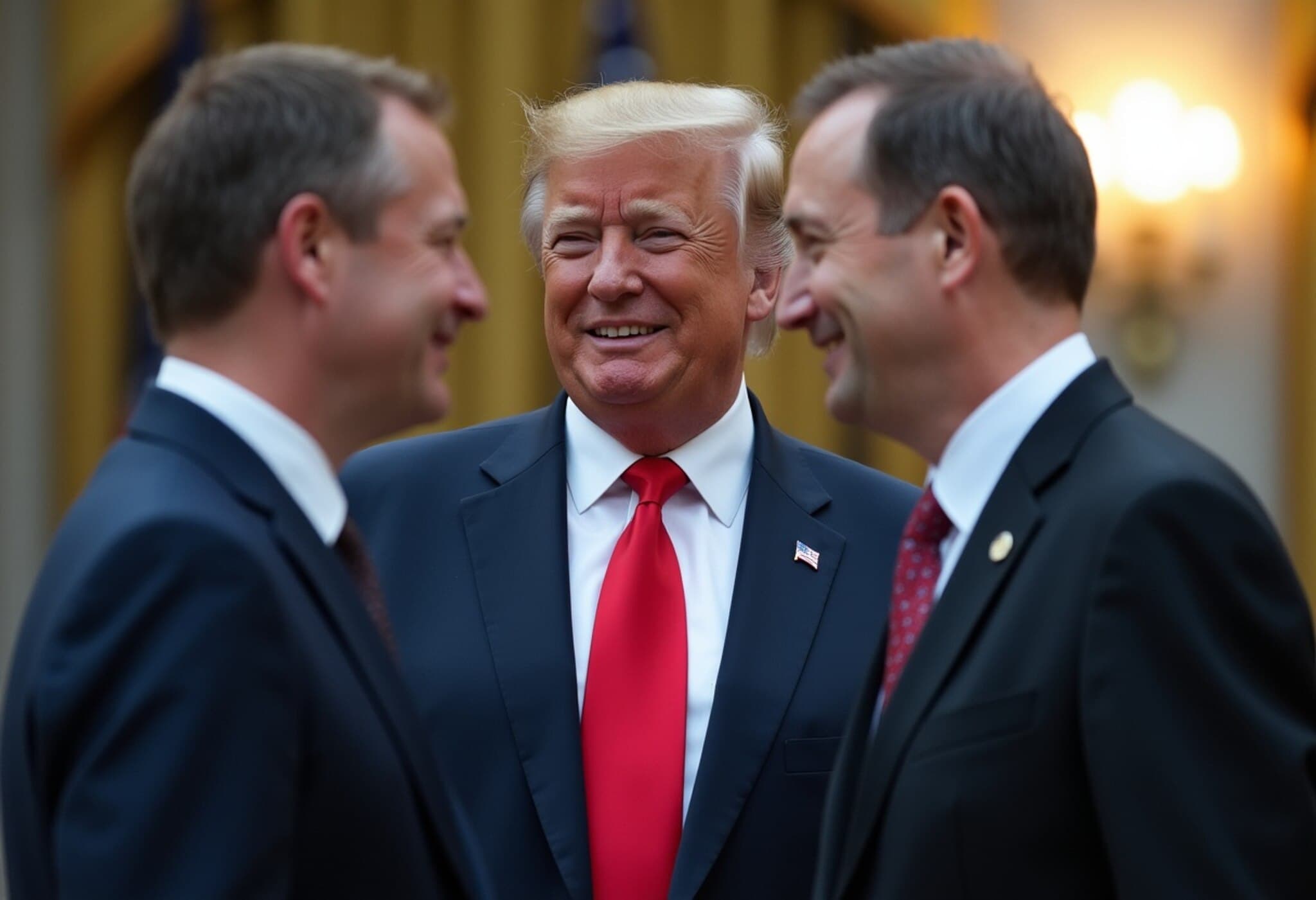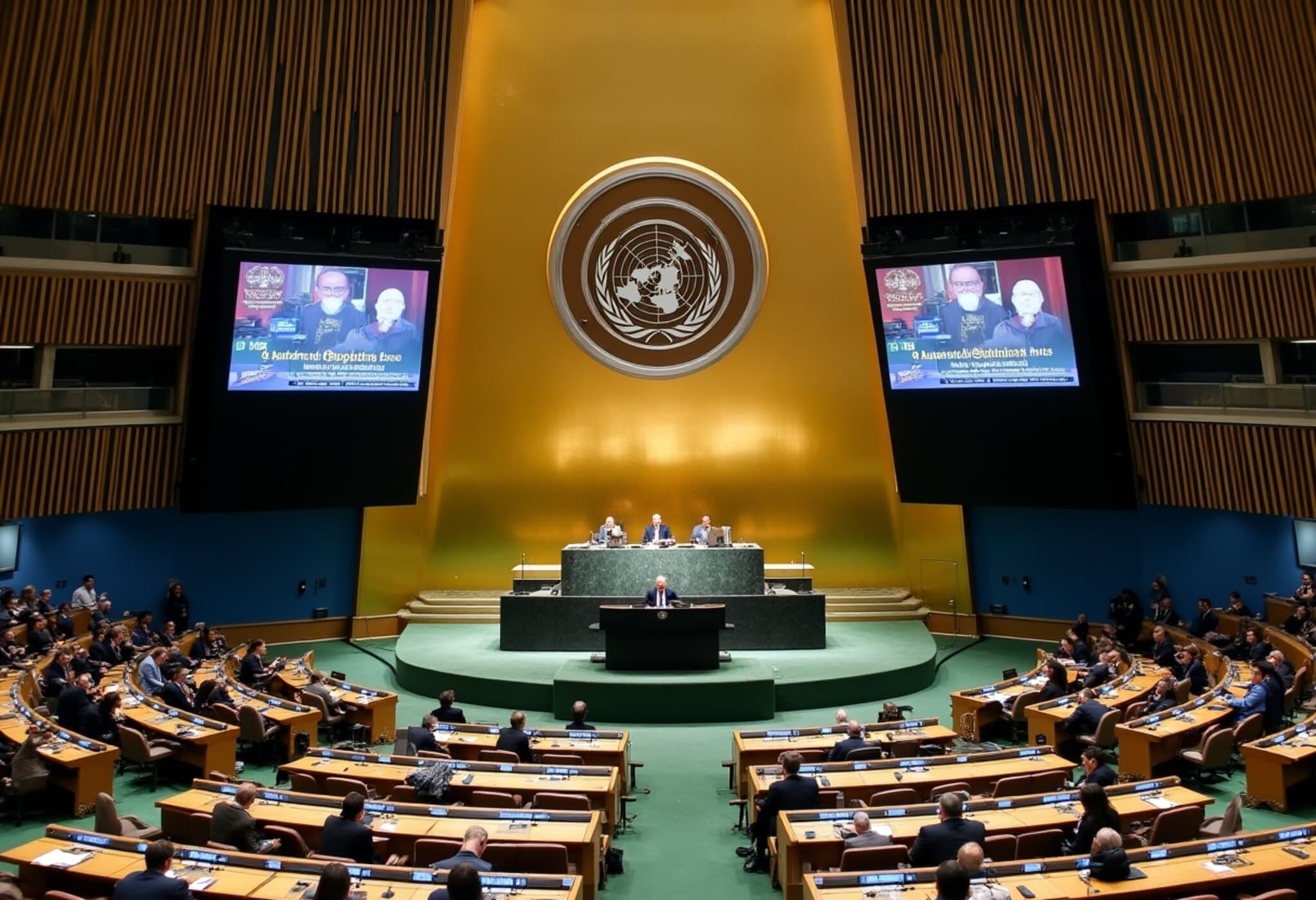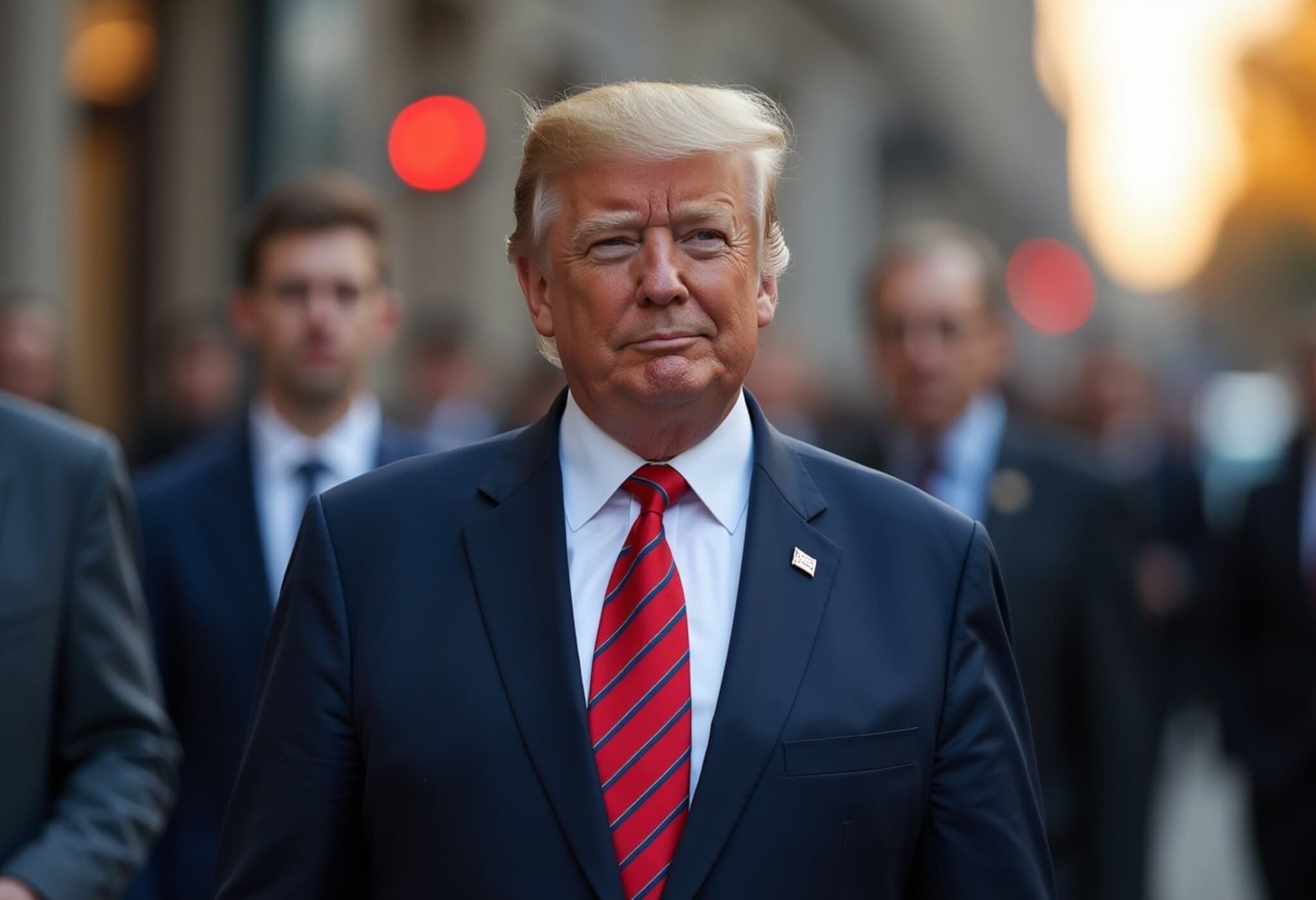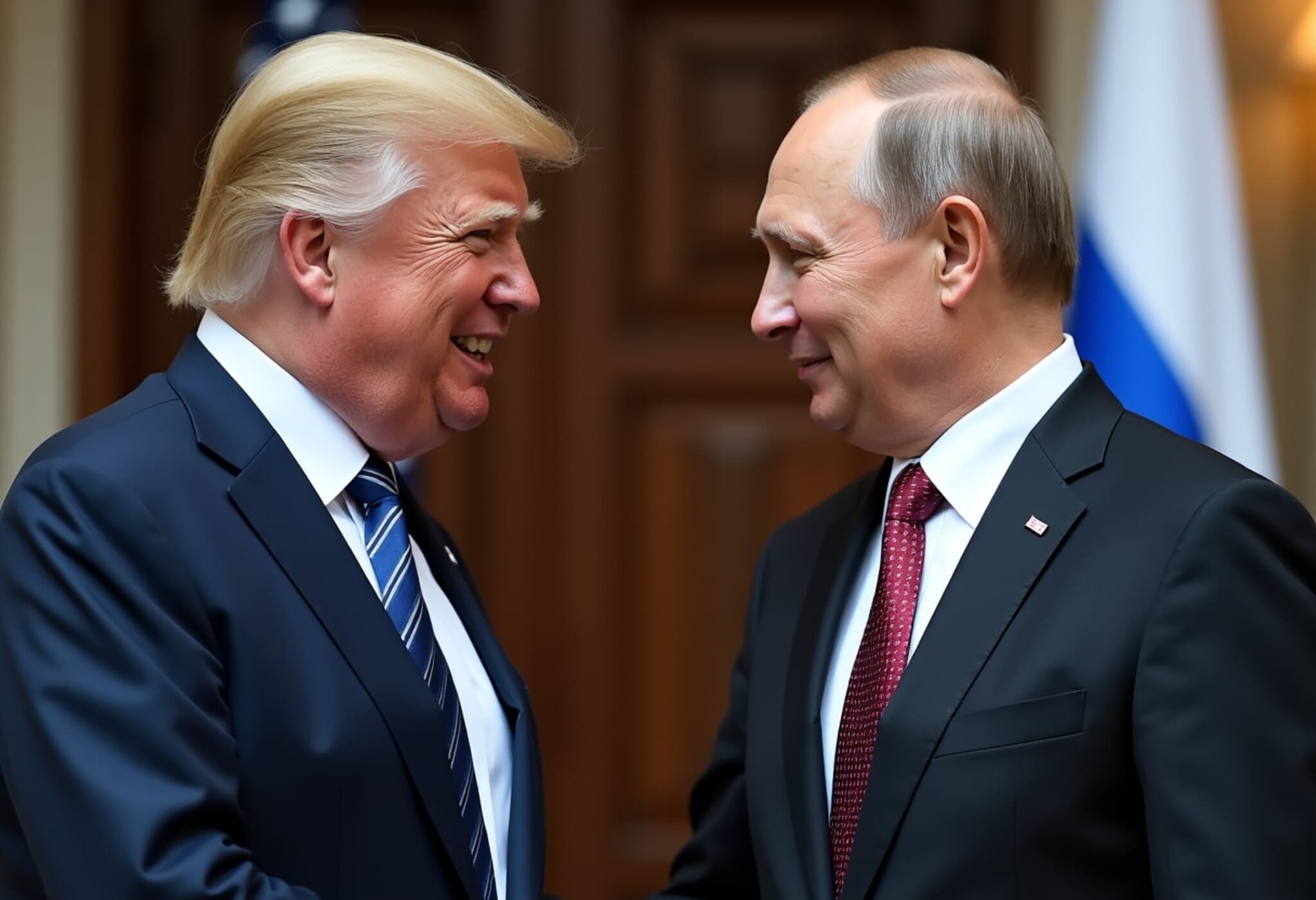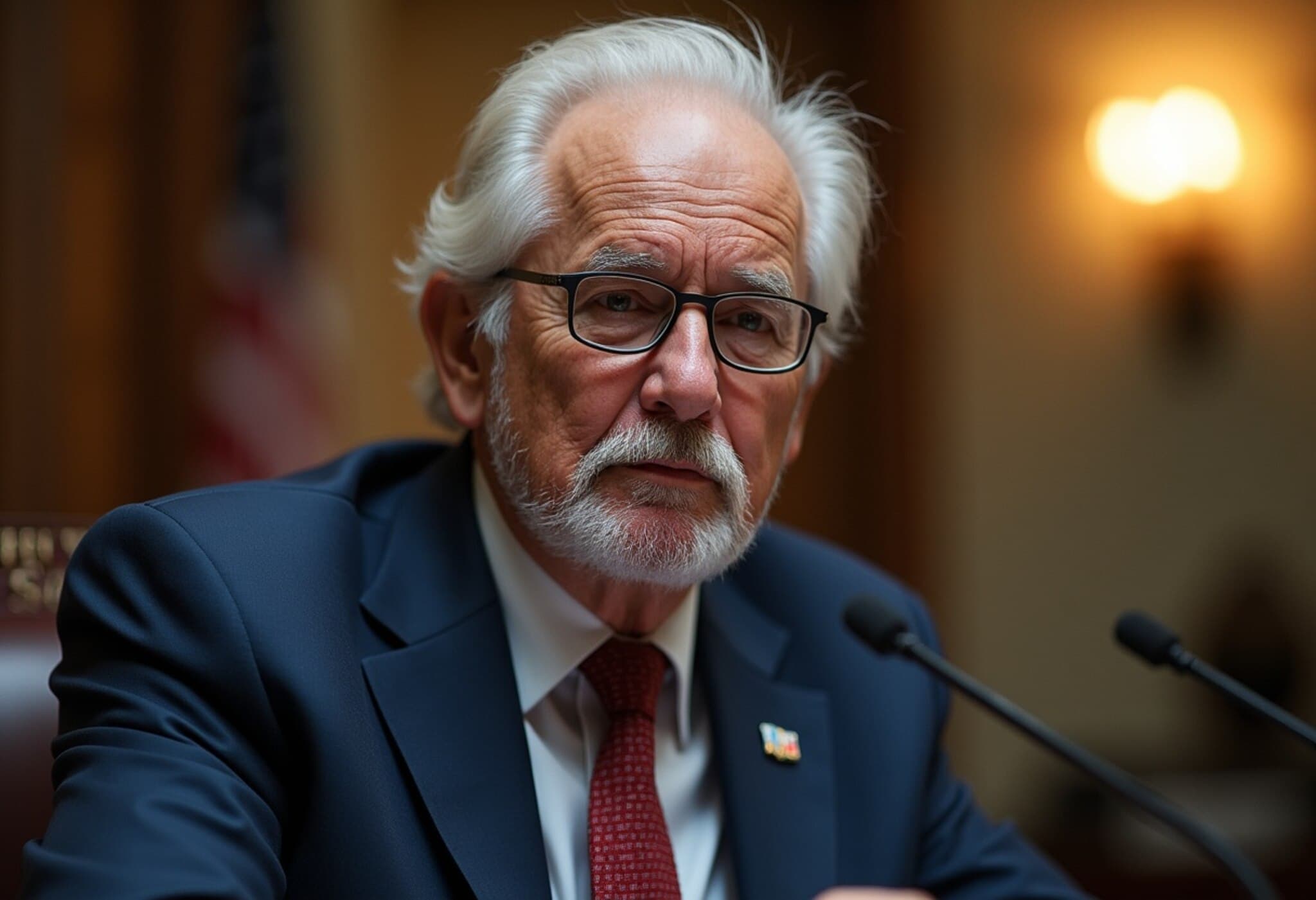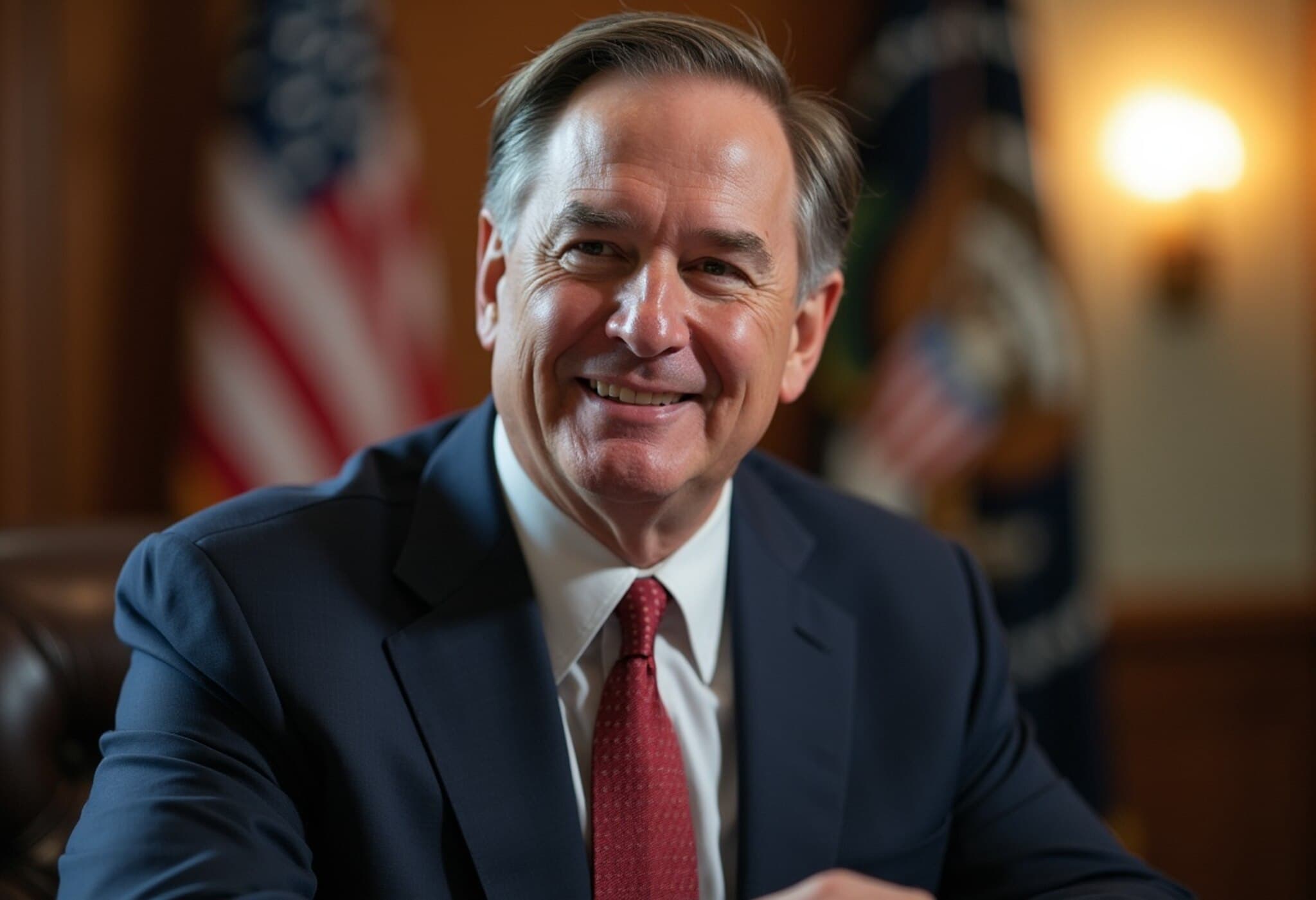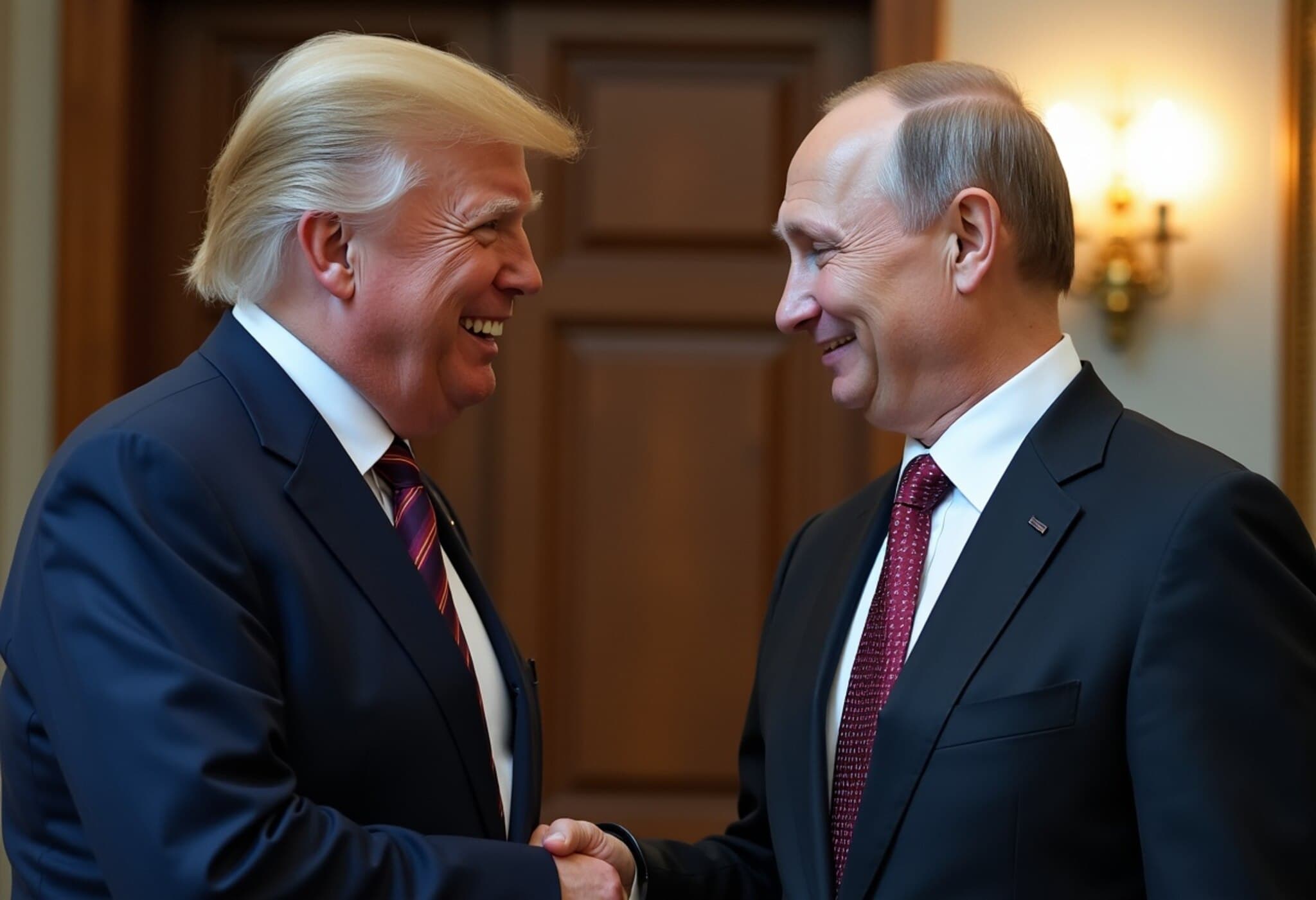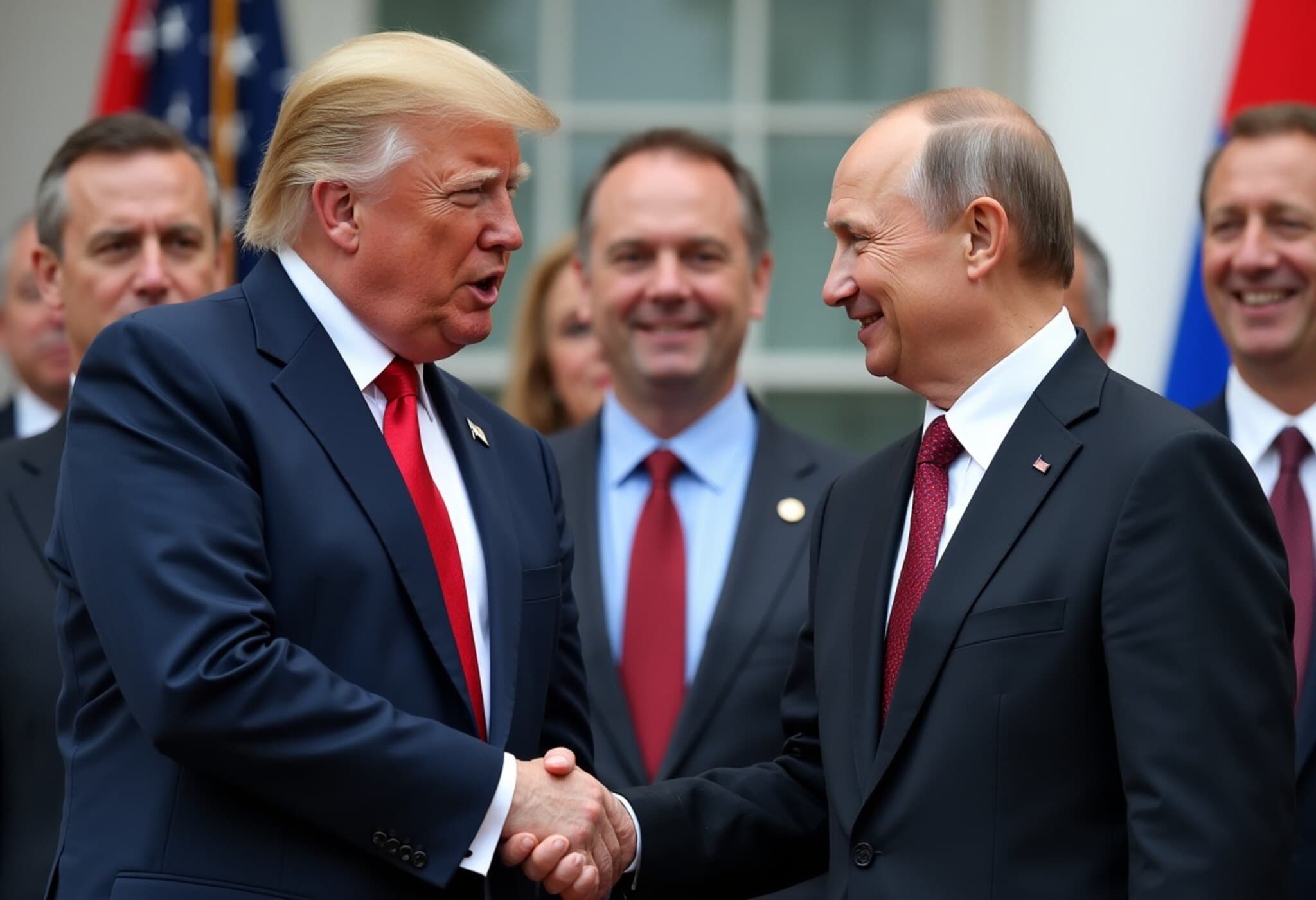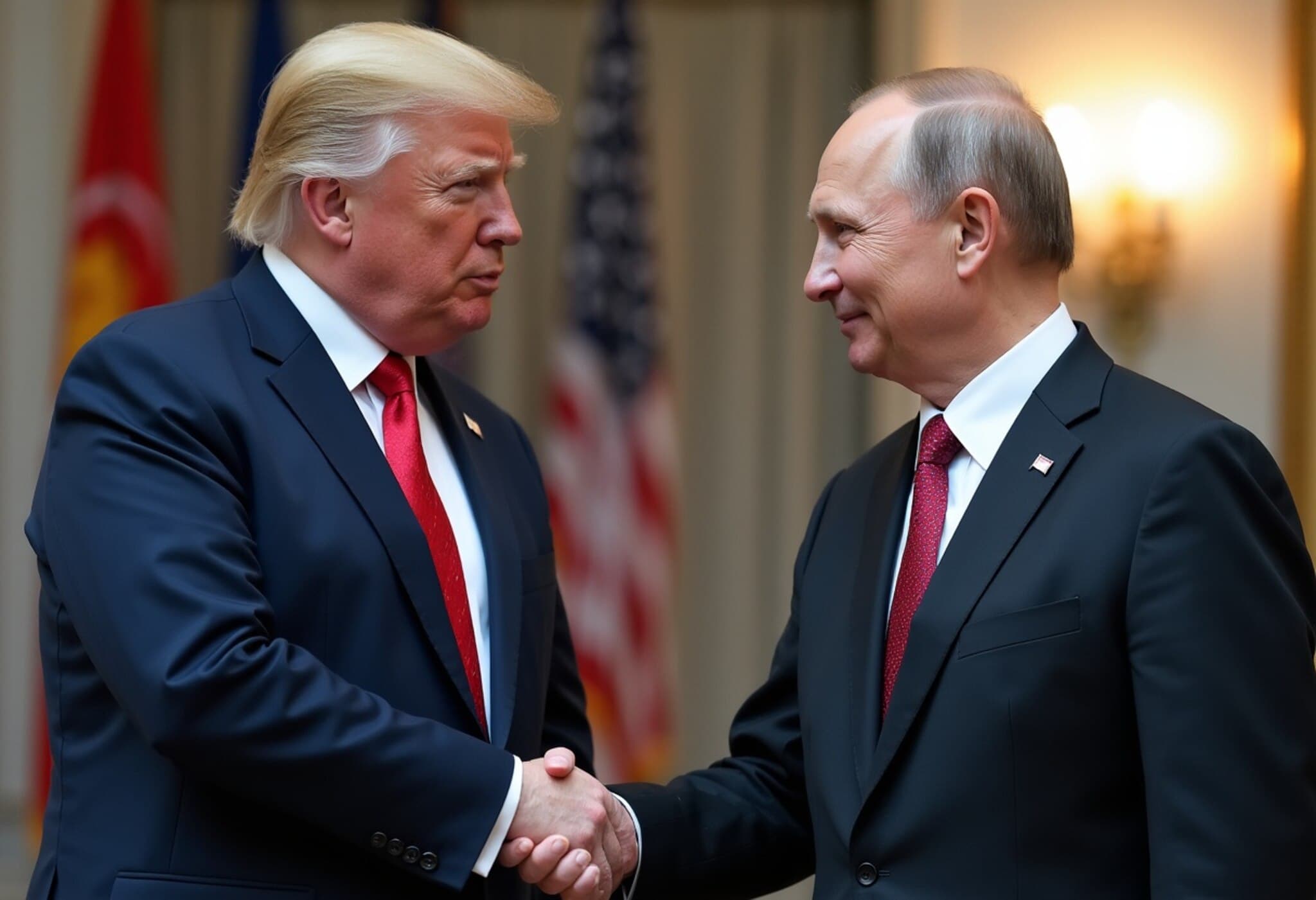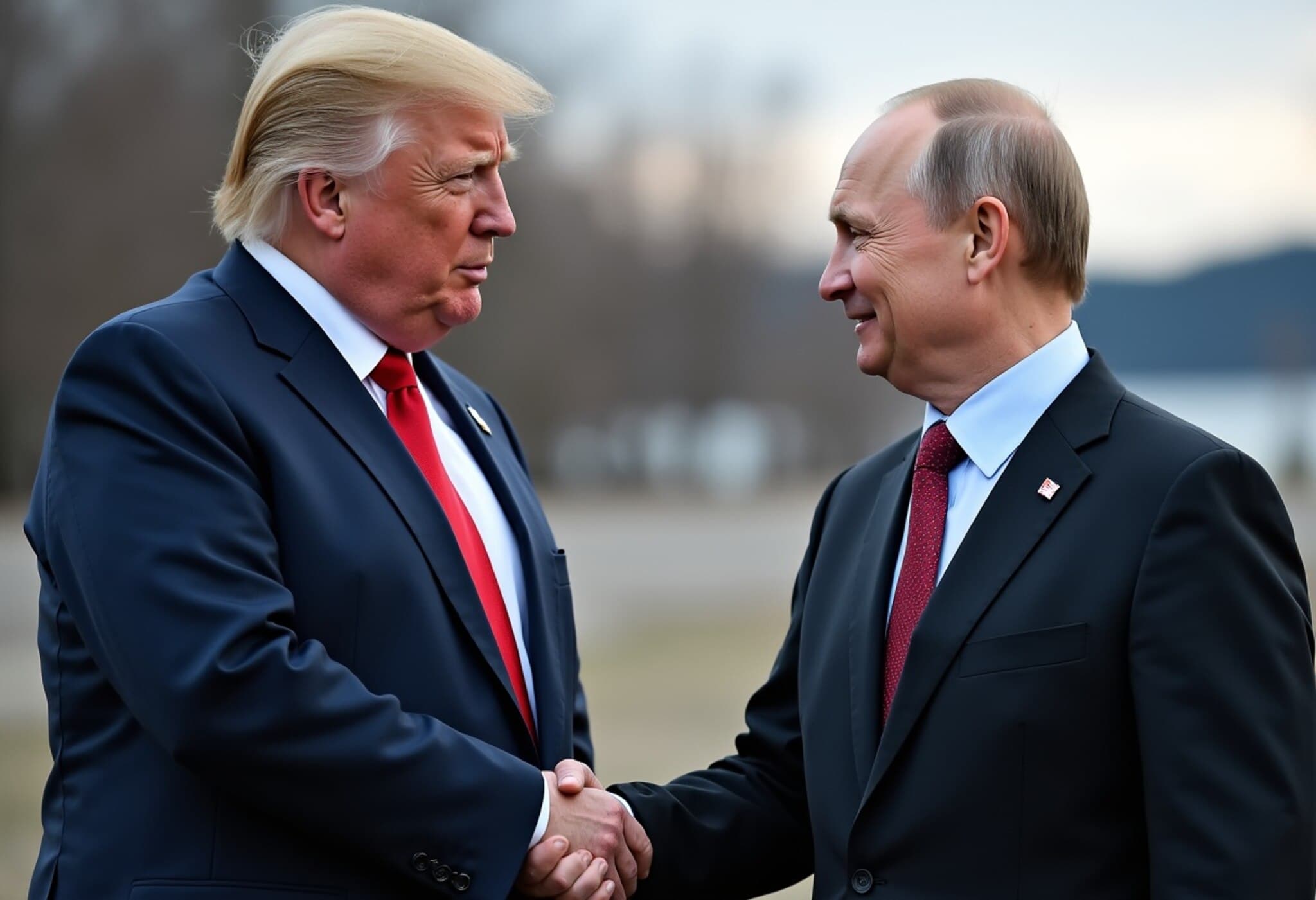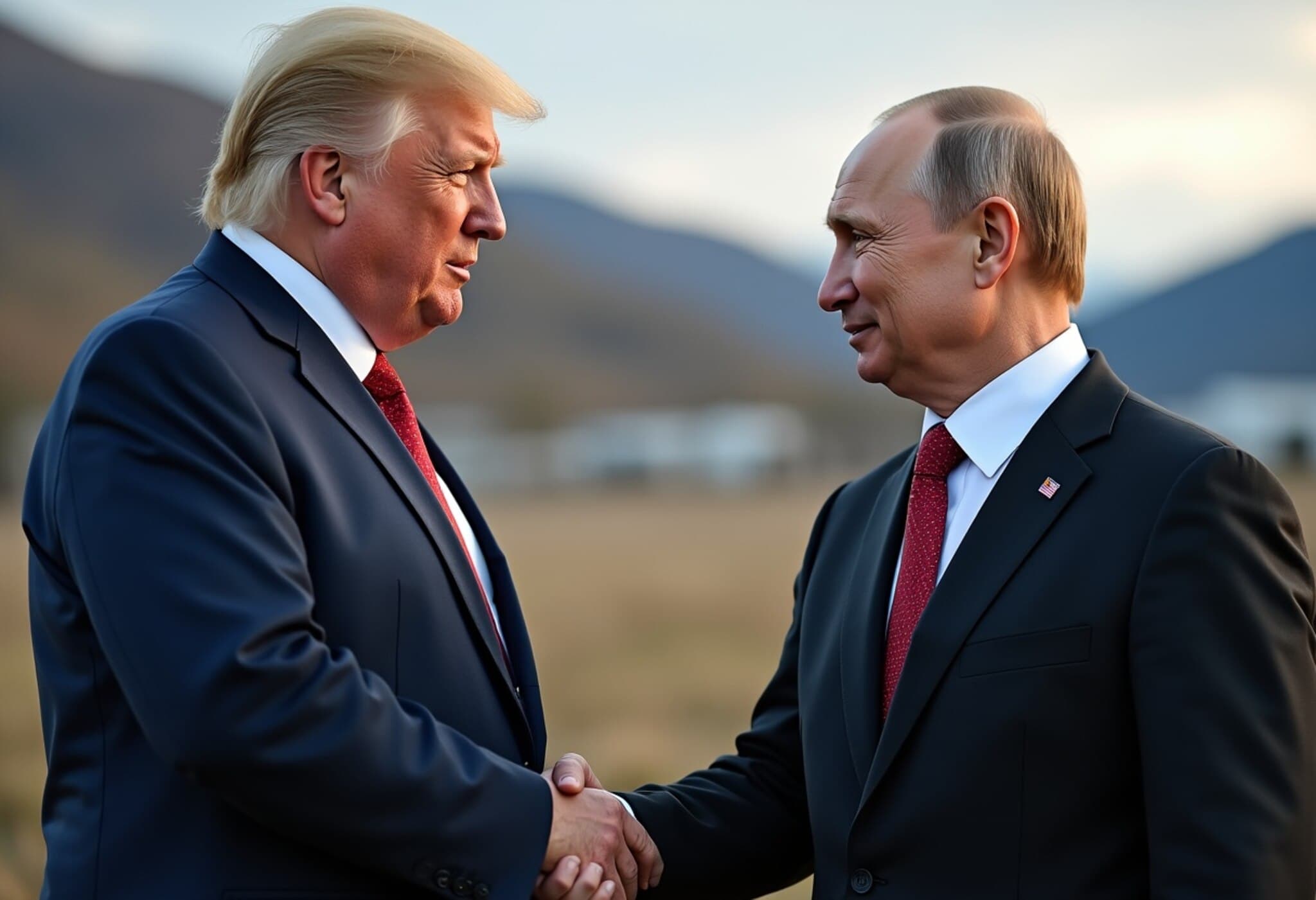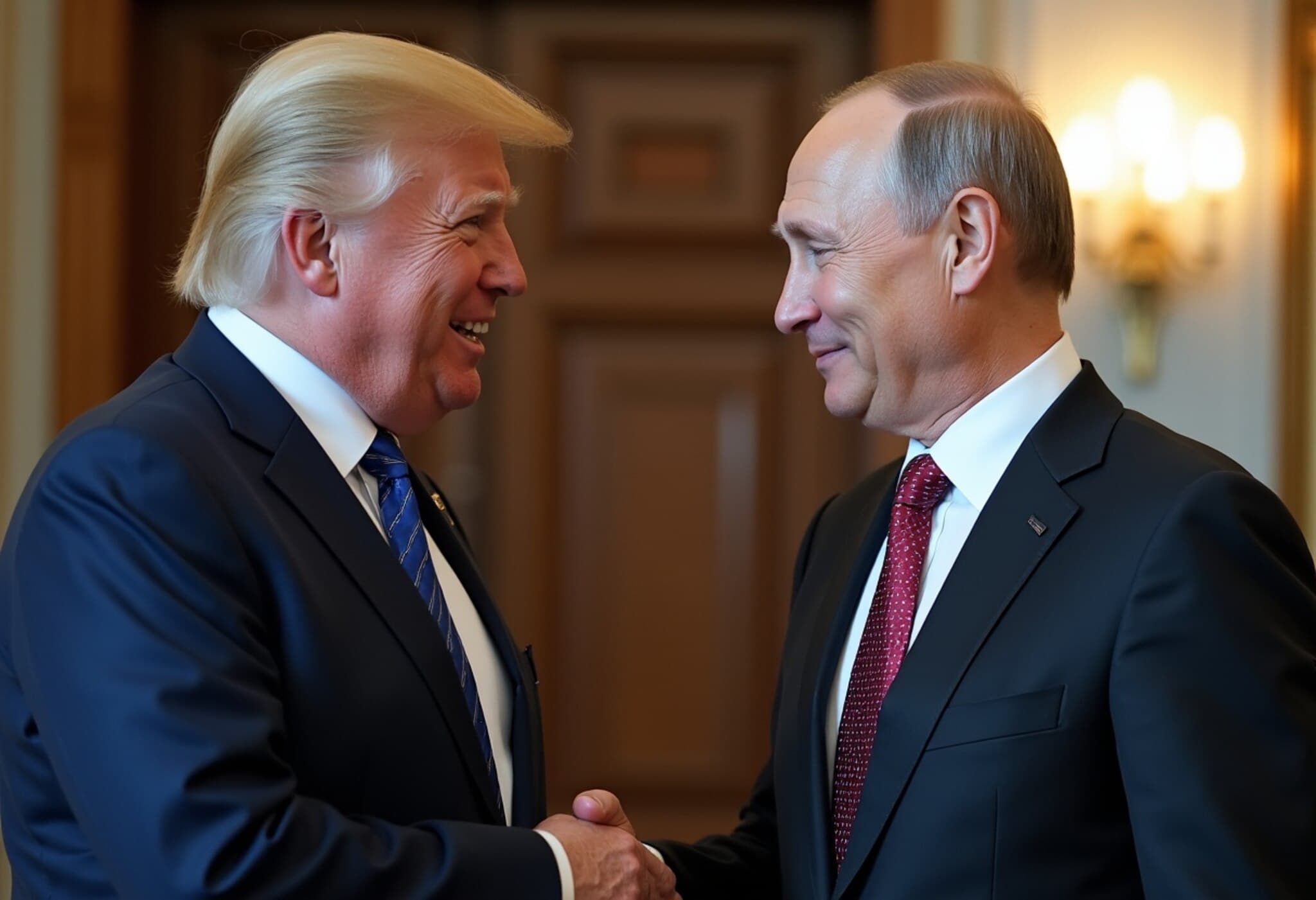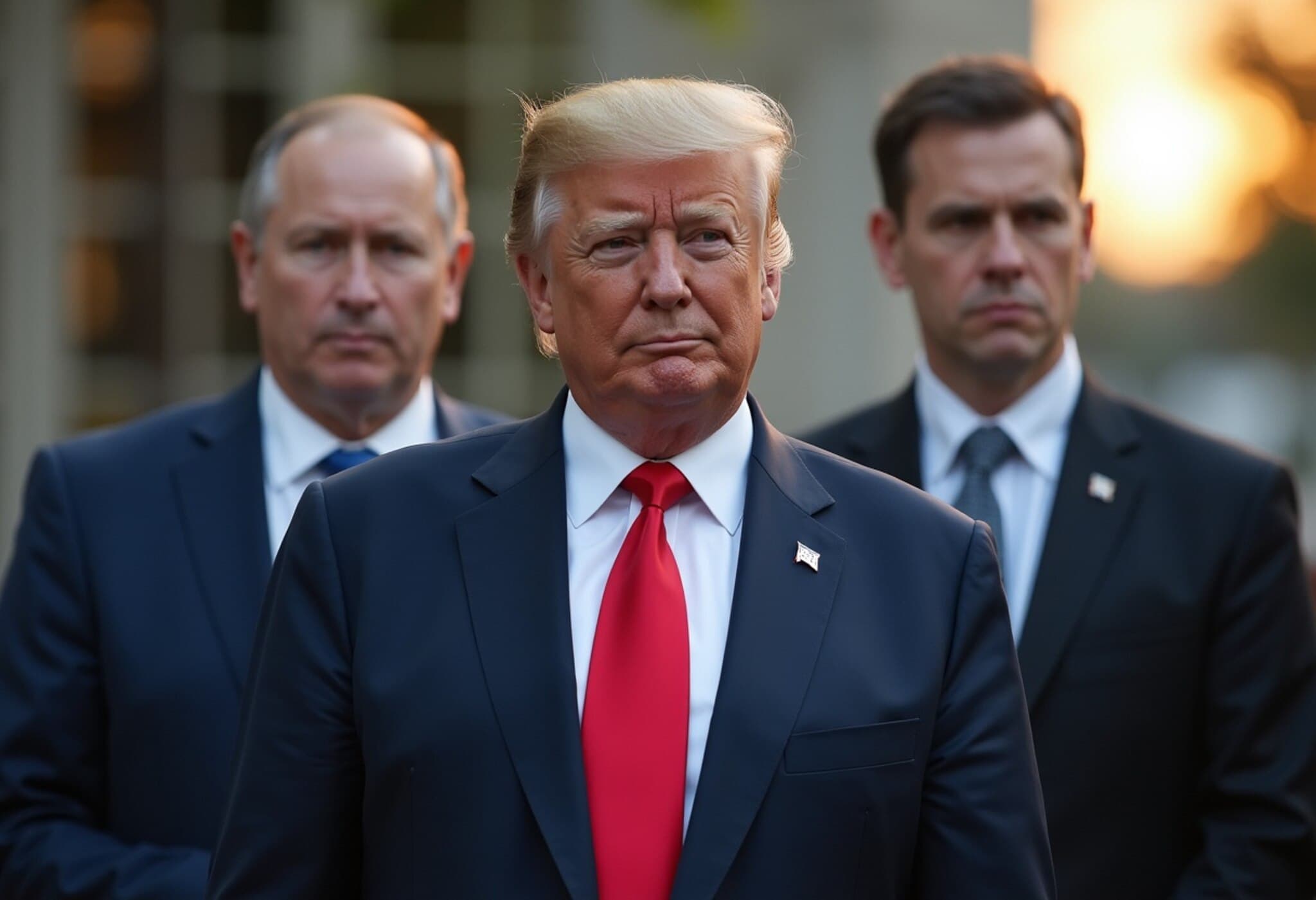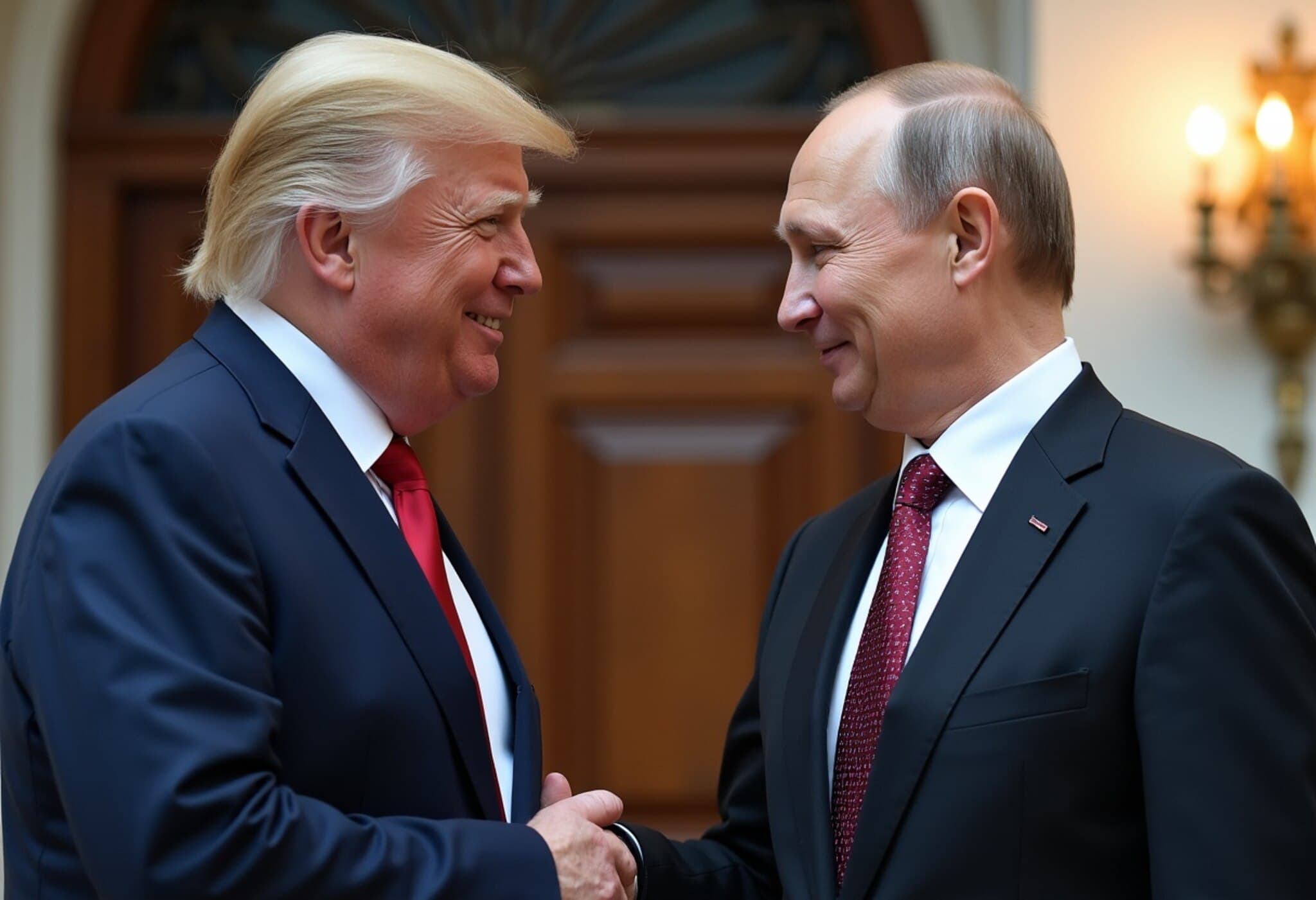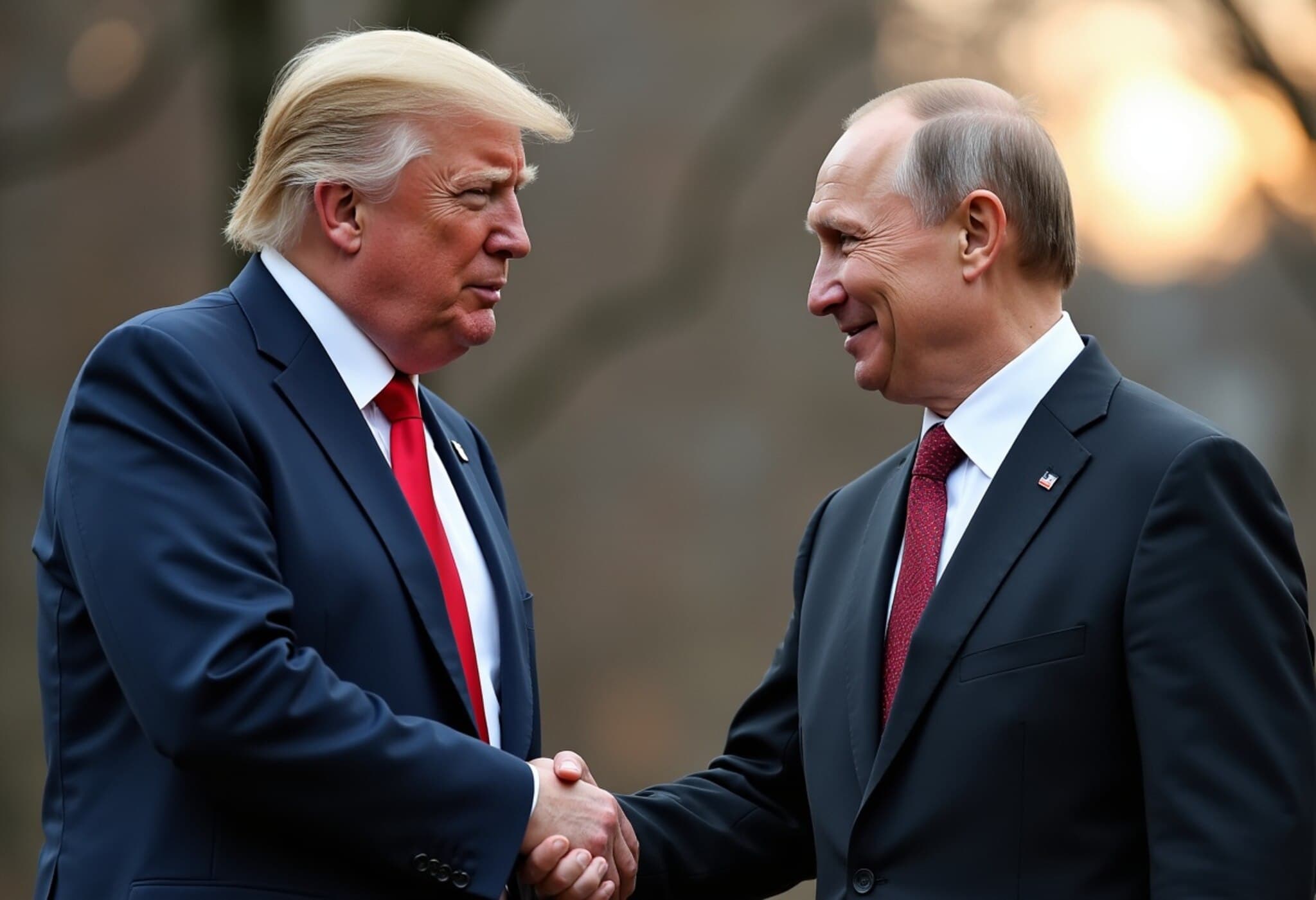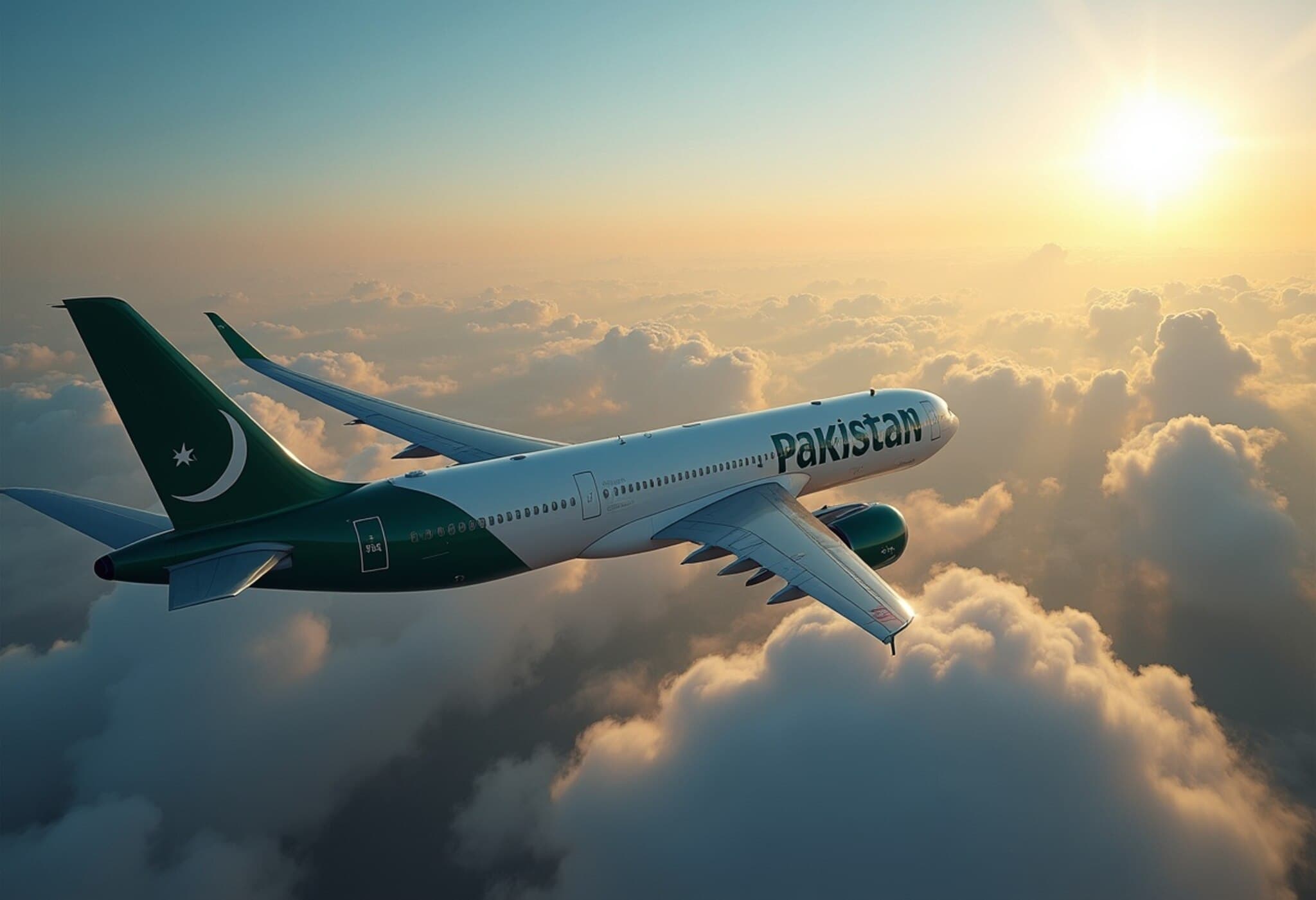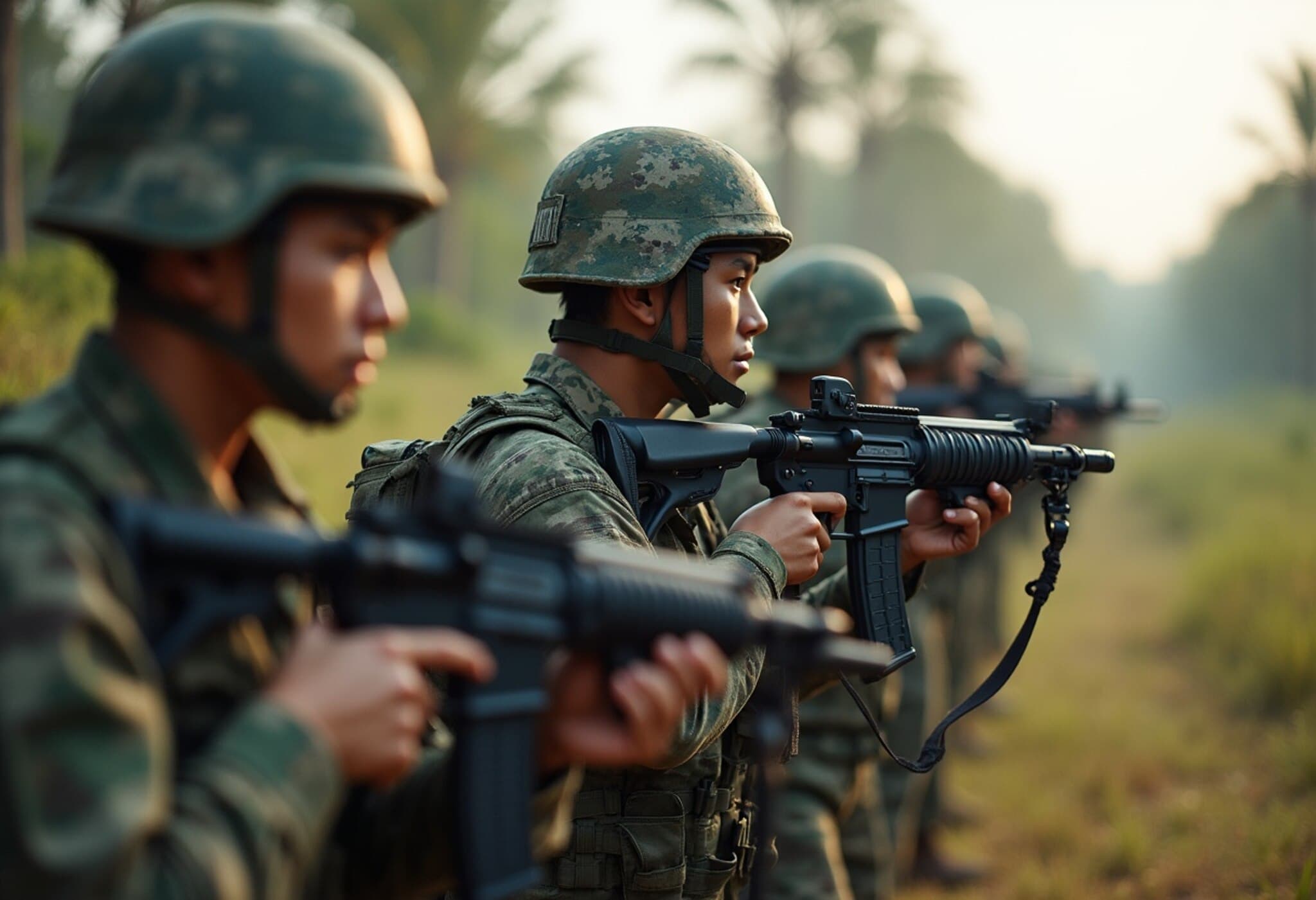White House Explores Possibility of Zelenskyy Joining Trump-Putin Summit in Alaska
In a significant development amid ongoing tensions in Eastern Europe, the White House is reportedly considering inviting Ukrainian President Volodymyr Zelenskyy to Alaska, where former U.S. President Donald Trump is scheduled to meet Russian President Vladimir Putin on August 15. This potential trilateral meeting could mark an unprecedented diplomatic effort to advance peace talks on the war in Ukraine.
Diplomatic Chessboard: A Trilateral Summit on the Horizon?
According to multiple senior U.S. officials cited by NBC News, the idea of Zelenskyy attending the summit is actively under discussion. One source emphasized, "It’s being discussed," while another conveyed it as "absolutely possible," underscoring the cautious optimism within the White House regarding this development. However, as of now, no formal invitation has been extended, and it remains uncertain whether Zelenskyy will take part or engage directly with Putin.
A senior White House spokesperson clarified, "The president remains open to a trilateral summit with both leaders. Right now, the White House is focused on planning the bilateral meeting requested by President Putin." This nuance reflects the complexity of arranging such high-stakes diplomacy amid ongoing geopolitical tensions.
Contextualizing the Summit: Ukraine Conflict and Ceasefire Prospects
This prospective meeting arrives against the backdrop of a brutal conflict that has rocked the global order and defied numerous ceasefire attempts. Trump announced his meeting with Putin with a stated goal to push for a ceasefire in Ukraine. Initially, U.S. officials had positioned a direct Putin-Zelenskyy engagement as a prerequisite for the summit, but Trump later downplayed this condition.
Complicating matters, Russian President Putin has so far resisted international ceasefire efforts, proposing instead to retain substantial Ukrainian territories. Zelenskyy firmly rejected these conditions, declaring Ukrainians' resolve not to surrender their homeland. Yet, Trump signaled a willingness to entertain territorial swaps, framing them as mutually beneficial, a notion that has sparked debate among American policymakers and international observers.
Behind the Scenes: The Role of Envoys and International Pressure
In the lead-up to the summit, Trump dispatched his special envoy, Steve Witkoff, to Moscow, underscoring an urgent push to extract concessions ahead of a looming deadline for new sanctions on Russia. This diplomatic maneuver exemplifies the intricate bargaining and high stakes at play, as the U.S. simultaneously navigates European alliances and Ukraine's demands.
European and Ukrainian support remains pivotal to any ceasefire agreement’s viability. U.S. officials are actively canvassing this indispensable backing, recognizing that any lasting peace will require multilateral cooperation beyond bilaterally orchestrated meetings.
Expert Analysis: What Does This Mean for U.S. Foreign Policy?
The potential inclusion of Zelenskyy in an Alaska summit signals a nuanced shift in U.S. engagement strategy, blending direct negotiation efforts with traditional sanctions and diplomatic pressure. From a policy perspective, it reflects Washington’s attempt to balance aggressive support for Ukraine with the pragmatic pursuit of peace that avoids prolonged conflict.
However, inviting Zelenskyy to meet Putin in a setting initiated by Trump—whose presidency remains a contentious element itself—introduces geopolitical uncertainties. Will the summit prioritize Ukrainian sovereignty, or will it reopen debates about territorial concessions? How will American domestic politics influence this delicate dialogue?
Legal experts note that any agreements made at such summits must align with international humanitarian law, particularly concerning occupation and territorial integrity. The U.S. government faces the challenge of upholding global norms while negotiating powerfully with Russia and Ukraine alike.
Conclusion: A Diplomatic Crossroads and Questions Ahead
The possibility of a trilateral summit in Alaska comes at a critical juncture in the Ukraine conflict, offering a glimmer of hope for de-escalation but also raising profound questions about terms, legitimacy, and long-term outcomes. As the world watches, the White House’s decisions in the coming days will likely shape both regional stability and the global balance of diplomatic norms.
Editor’s Note:
This emerging story highlights the evolving complexities of peace diplomacy where identity, sovereignty, and geopolitical influence collide. Readers should stay attuned to further developments and consider the broader implications of such high-profile negotiations beyond daily headlines—particularly on how they reflect American diplomatic strategy and international law in conflict resolution.

